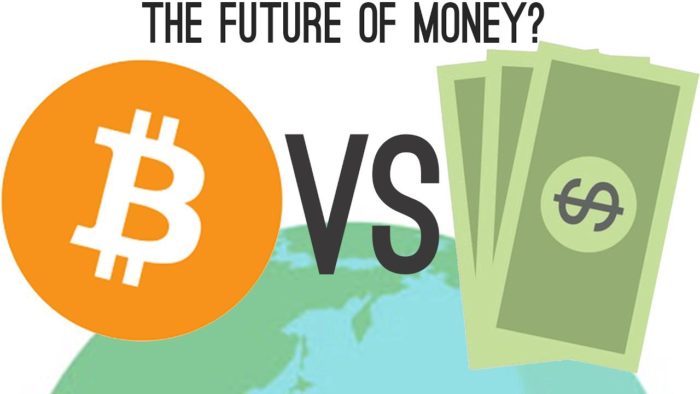
This publication seeks to address the arguments raised by cryptocurrency critics, who claim cash suitability over Bitcoin and other crypto. The opinions expressed herein are solely those of the author.
Just as innovation and development occurs in different sectors, the finance industry is seeing a drift towards new forms of payment and fintech.
At this time, digital payment focused on cash (card and online transfers) have become regular payment methods; accounting for a vast majority of today’s financial transactions.
While these regular cash payments thrive, the cryptocurrency and blockchain niche looks set to change the narrative; and as with all new innovations there has been criticism and questions over its suitability to replace or work side-by-side with cash.
These questions have been raised on two major fronts: Security and Usability.
A brief analogy: Let’s view Bitcoin/cryptocurrency payments like the modern day e-mail. During the post office era, despite the difficulties in letter transfer, people stock to the posting system; highlighting the issues of possible hacks as reasons for not using the e-mail.
This narrative has now changed as the ease, speed and encryption of the e-mail and internet make it a viable and secure option.
In the emerging cryptocurrency era, Bitcoin has been accused of the same issues characteristic of the e-mail. While some question its suitability as money, others question its anonymity and perceived non-traceability which could breed criminal tendencies.
Let’s address these claims
Most fiat (national cash currency) including the US Dollar are merely paper with a perceived value. In a recent interview, US rapper Akon said anything viewed as currency is only as valuable as you make it; that is currency is given value by the holder or people or government that says this is the worth of this paper.
The US dollar for example ranks as the world’s dominant paper currency by virtue of US might in political, economic and military spheres. The US dollar and most other fiat/paper currencies are not backed by physical/natural assets such as Diamond, Gold, Oil. Hence every currency just as Bitcoin has value in its intrinsic terms by virtue of the holder (people or governments) might.
While fiat is subject to inflation and monetary hype through over printing of cash notes, Bitcoin in its terms is valuable due to its fixed supply of 21 million bitcoins ever. Hence, exhibiting value by scarcity.
The non-coiner (one who does not own or use bitcoin) says bitcoin transactions are not secure; and so is fiat. Hacks occur in banks and bank accounts just as they happen with crypto.
But there is a mechanism to prevent this; encryption and cryptography through blockchain tcehnology has set pace for secure payments. The secure ledger of the blockchain also allows transactions to be tracked and monitored.
What’s more? The cryptocurrency/ bitcoin industry is only a 10-year old industry with lots of room for development. So it can only get better.
Shall we continue with the inefficiency of old systems or the post office because we dread change?
Money is used by both the good and the bad. Fiat or cryptocurrency could be used by any of these parties. Before the invention of digital currency, fiat or cash had always served both parties, and criminals have always used cash to perpetrate acts.
Hence the argument against crypto holds no ground.
However, just as with the advent of BVN for Bank Cash, adequate KYC (Know Your Customer) checks by exchanges will go a long way to curb illegal use cases of digital currency so that illegal transactions can be traced.
Yes, they are. All Bitcoin transactions are designed to be public and viewable on the blockchain; hence they can be traced through the Bitcoin address used in the transaction or after the BTC is spent.
Bitcoin transactions are not fully anonymous (pseudo-anonymous); though tracing transactions may come with some difficulty as addresses can be mixed in a loop of other transactions.
Also, specialized companies such as Chainanalysis help law enforcement in tracing illegally obtained funds through forensic analysis of the address.
In all, while there is room for improvement in the digital currency industry, it is in the best interest for adoption and in line with global advancement in fintech not to stifle innovation or developments in the cryptocurrency industry.
I also call on better ambassadors for the Bitcoin/crypto industry just like @BitcoinKeith who recently returned 8.7 BTC ($80K) mistakenly sent to him; as we champion a new course and advancement for the industry.
Share your thoughts in the comments .